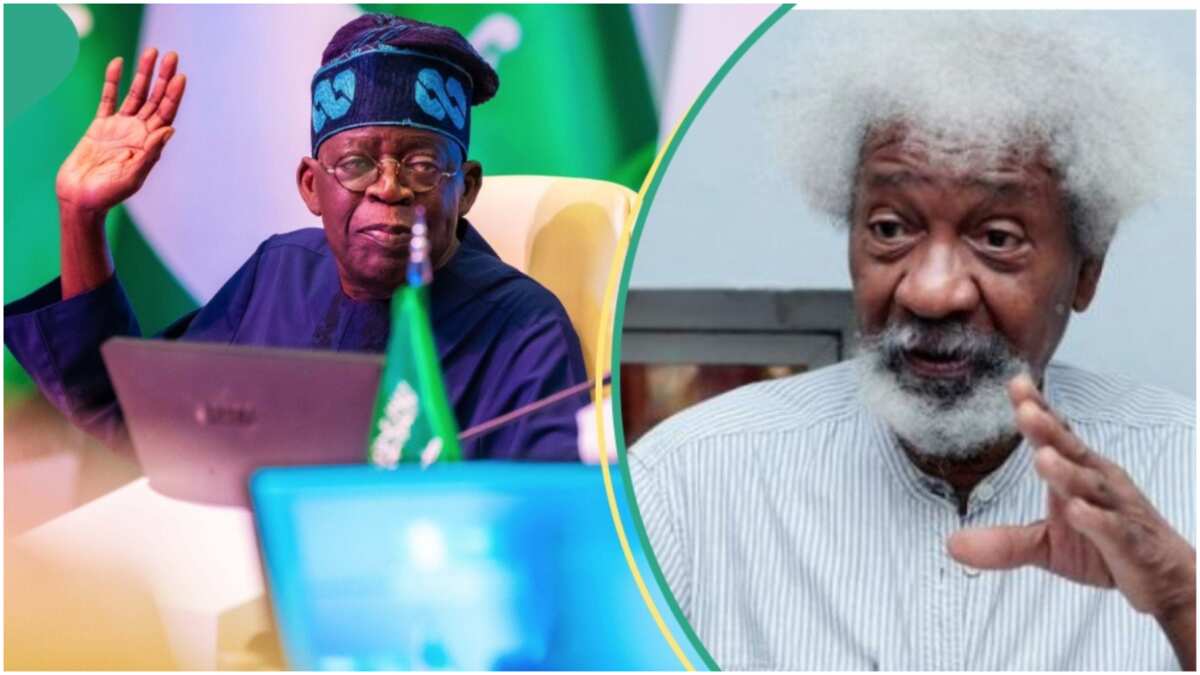By Rédaction Africa Links 24 with
Published on 2024-01-21 12:28:15
Renowned Nigerian playwright and Nobel Prize winner, Professor Wole Soyinka, has clarified his response to whether he would criticize the government of President Bola Tinubu. He emphasized that he did not say he would not criticize Tinubu, but rather that he usually waits a year to criticize any new administration.
Soyinka explained that he had been facing similar scenarios in the past, specifically when former President Olusegun Obasanjo took office. He recalled that when he did not immediately criticize Obasanjo’s administration, many accused him of being tribalistic. Addressing the issue of the media simplifying interviewees’ responses, he expressed his displeasure with the matter, stating that it distresses him.
The literary icon maintained that he adheres to the cultural practice of maintaining decorum for the first year of any government before criticizing it. He made it clear that his personal relationship with Tinubu would not prevent him from criticizing his government if the need arose. Soyinka also touched on how his similar silence during the early days of Obasanjo’s administration had led to criticism of being tribalistic, but after one year, his critiques were seen in a different light.
Soyinka also revealed his decision not to comment on matters that other influential figures, such as Femi Falana, have already addressed, citing that he is not always present in Nigeria. In a recent interview, he also expressed his wish to travel to Stockholm before he turns 100 years old to celebrate another Nigerian winning the Nobel Prize for Literature.
In conclusion, Soyinka highlighted the competitive nature of the writing world, emphasizing the increasing dominance of females in the field. The legendary Nigerian writer’s comments shed light on the complexities of navigating relationships with political figures and the media, as well as his approach to social and political critique. His commitment to thoughtful criticism and his unique perspective on political and social developments continue to shape public discourse and intellectual engagement in Nigeria.

![Seyi Tinubu is threatening my life – VeryDarkMan cries out [VIDEO]](https://dailypost.ng/wp-content/uploads/2026/02/Seyi-Tinubu-Verydarkman.jpg)

